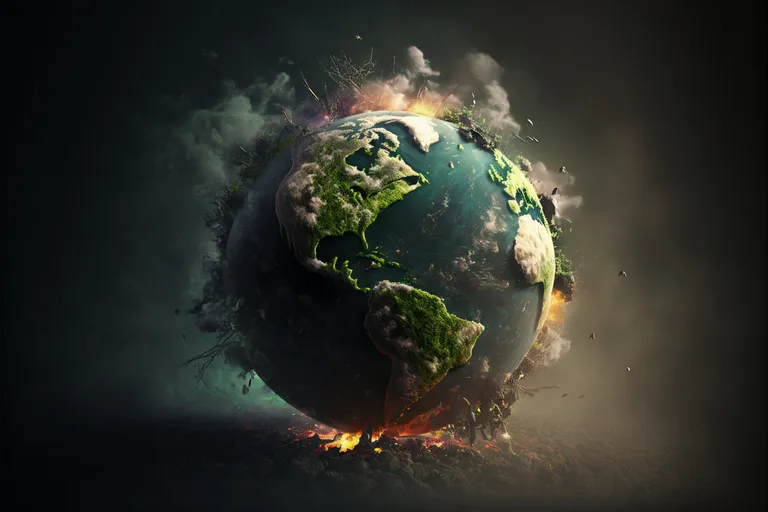
Understanding What Is Climate Change?
Climate change is a topic of paramount importance in today’s world, influencing various aspects of our lives, from weather patterns to ecosystems and human health. But what is climate change exactly, and why is it such a pressing issue? In this comprehensive guide, we’ll delve into the science, causes, effects, and potential solutions surrounding climate change.
What Is Climate Change?
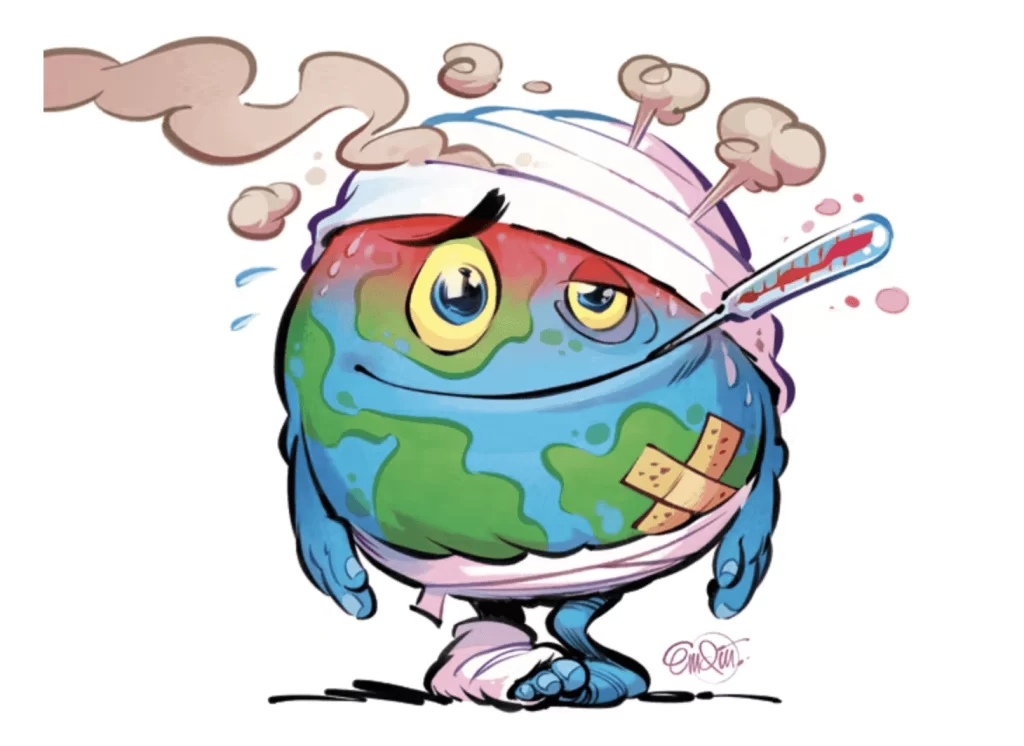
Climate change refers to long-term shifts in global or regional climate patterns. It encompasses changes in temperature, precipitation, and other climatic variables over extended periods, typically decades or longer. This phenomenon is different from short-term weather fluctuations and involves alterations in Earth’s average temperature and weather patterns over time.
The Science Behind Climate Change
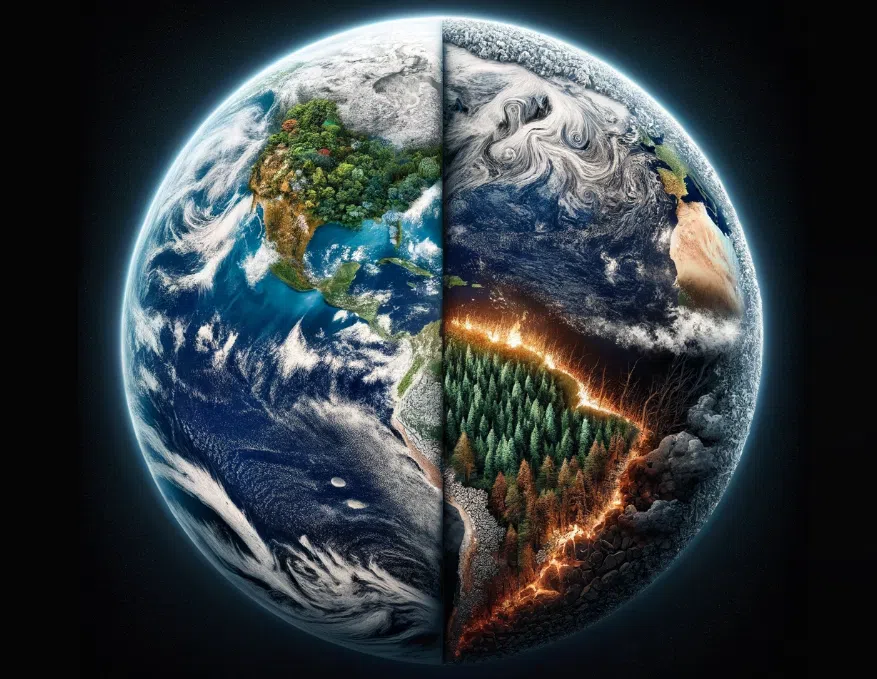
At the heart of what is climate change lies the intricate balance of Earth’s climate system. The Earth’s atmosphere consists of various gases, including carbon dioxide (CO2), methane (CH4), and nitrous oxide (N2O), known as greenhouse gases (GHGs). These gases trap heat from the sun, creating a natural greenhouse effect that keeps our planet warm enough to sustain life.
However, human activities, such as burning fossil fuels, deforestation, and industrial processes, have significantly increased the concentration of GHGs in the atmosphere. This excess of greenhouse gases enhances the greenhouse effect, leading to an imbalance in the climate system and causing global temperatures to rise—an effect commonly referred to as climate change.
Causes of Climate Change
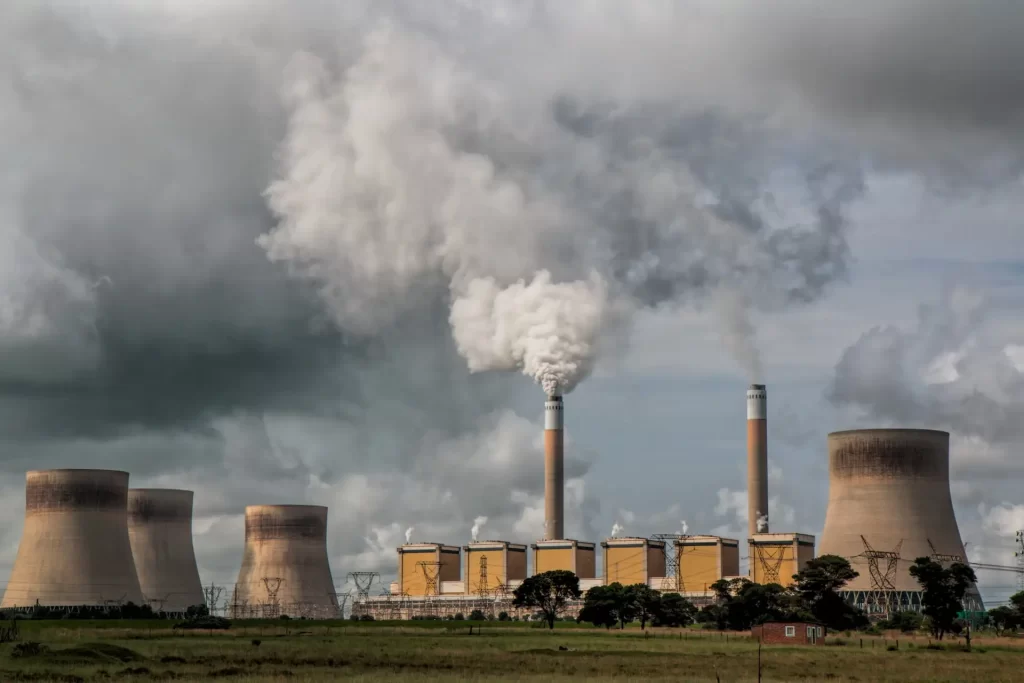
Several factors contribute to climate change, both natural and human-induced. Natural causes include volcanic eruptions, solar radiation variations, and changes in Earth’s orbit and axis. These factors have influenced climate patterns throughout Earth’s history.
However, the primary driver of contemporary climate change is human activities. The burning of fossil fuels, such as coal, oil, and natural gas, releases large amounts of CO2 into the atmosphere, enhancing the greenhouse effect. Deforestation further exacerbates the issue by reducing the Earth’s capacity to absorb CO2.
Other human activities, such as industrial processes, agriculture, and waste management, also contribute to climate change by emitting GHGs like methane and nitrous oxide into the atmosphere.
The Effects of Climate Change
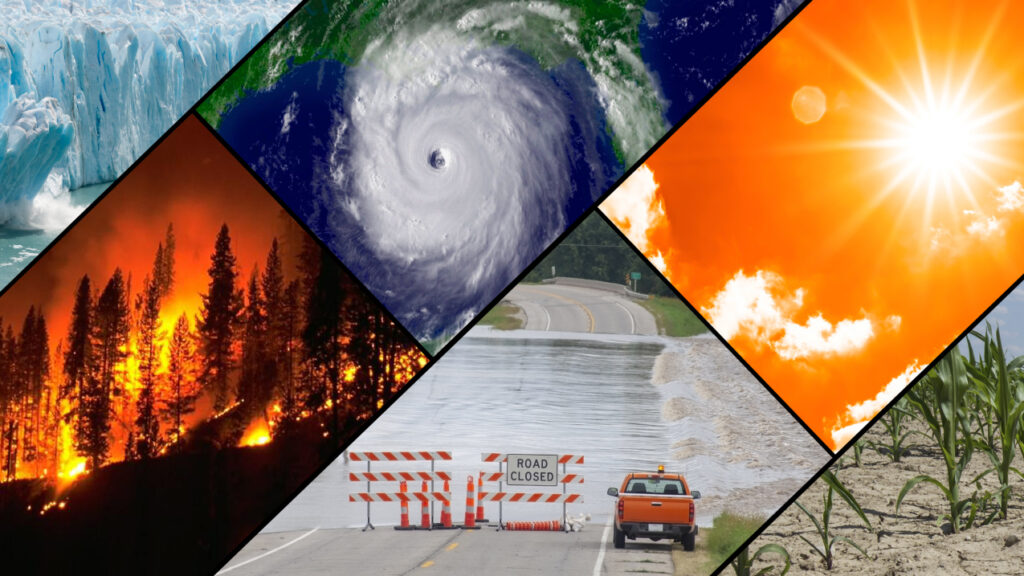
The impacts of climate change are far-reaching and profound, affecting ecosystems, communities, economies, and public health worldwide. Rising temperatures lead to more frequent and severe heatwaves, droughts, and wildfires. Changes in precipitation patterns result in floods, storms, and altered agricultural growing seasons.
Rising sea levels, caused by the melting of polar ice caps and glaciers, threaten coastal communities and infrastructure. Ocean acidification, a consequence of increased CO2 absorption by seawater, harms marine life and ecosystems, including coral reefs.
Furthermore, climate change exacerbates existing environmental challenges, such as biodiversity loss, habitat destruction, and water scarcity. These effects disproportionately impact vulnerable populations, including indigenous communities, low-income households, and developing countries.
Mitigating Climate Change
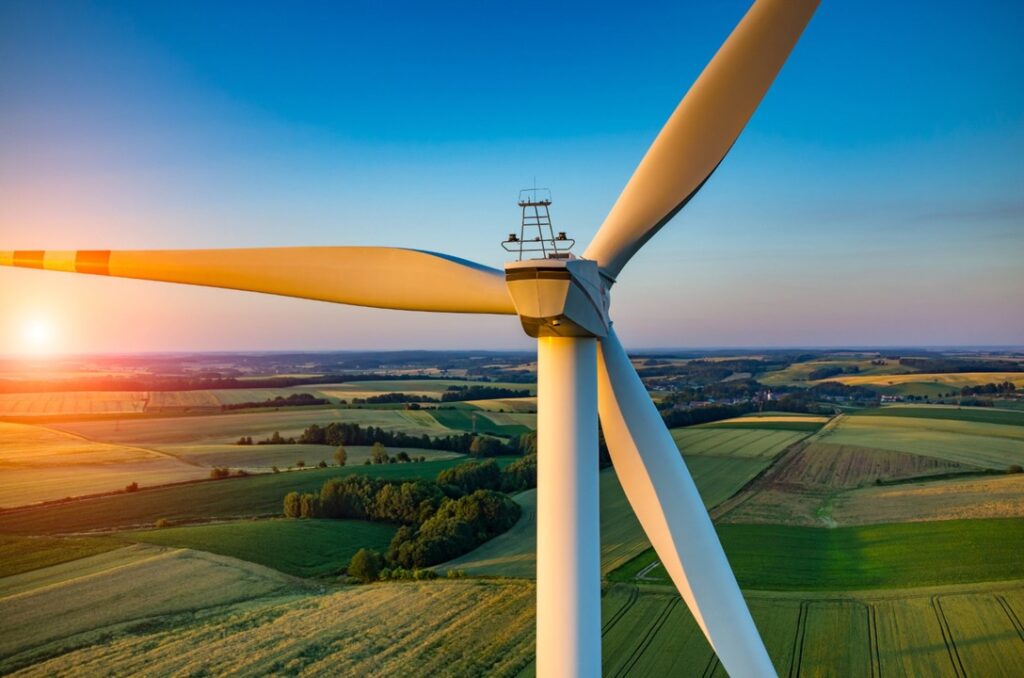
Addressing climate change requires collective action at local, national, and global levels. Mitigation efforts focus on reducing GHG emissions, transitioning to renewable energy sources, improving energy efficiency, and implementing sustainable land-use practices.
Adaptation measures aim to enhance resilience to climate change impacts, such as building climate-resilient infrastructure, implementing disaster preparedness plans, and promoting ecosystem conservation and restoration.
International agreements, such as the Paris Agreement, play a crucial role in coordinating global efforts to combat climate change. This agreement aims to limit global warming to well below 2 degrees Celsius above pre-industrial levels while pursuing efforts to limit the temperature increase to 1.5 degrees Celsius.
Conclusion
In conclusion, climate change represents one of the most significant challenges facing humanity in the 21st century. Understanding what is climate change and its causes, effects, and potential solutions is essential for informed decision-making and collective action to safeguard our planet’s future.
By reducing greenhouse gas emissions, promoting sustainable practices, and prioritizing resilience, we can mitigate the impacts of climate change and create a more sustainable and equitable world for current and future generations.


